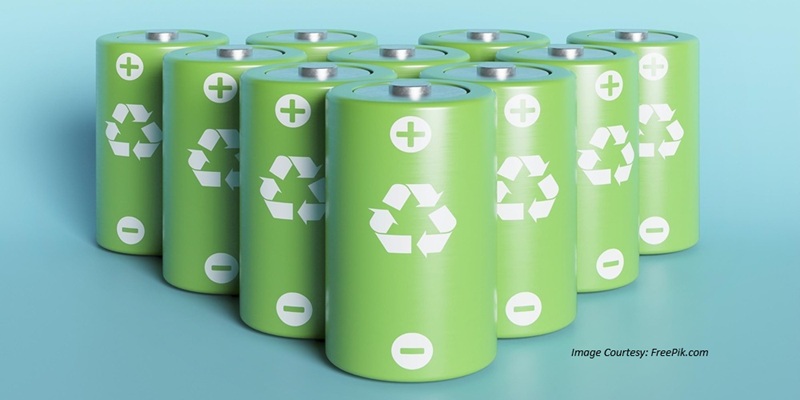Schedule a Call Back
Plasma spray coating for bio-medical implants
 Technical Articles
Technical Articles- Mar 01,17

‘Fit and Forget’ is a fundamental requirement in several critical applications, and human body implants are a part and parcel of this challenging requirement. The number of people undergoing joint replacement surgery, such as total hip and knee replacement, has increased steadily and continues to do so, due to an increase in aging population.
An orthopaedic implant is a medical device manufactured to replace a missing joint or bone or to support a damaged bone. The medical implant is mainly fabricated using stainless steel and titanium alloys for strength and the HAP/plastic coating that is done on it acts as an artificial cartilage.
“Orthopedic Implants – A Global Market Overview”, published by Industry Experts reported that Global market for orthopaedic implants is projected to reach US$ 46.5 billion by 2017 from an estimated US$ 21.1 billion in 2007, growing by a CAGR (2007-2017) of 8.2%. The market for 2012-2020 is expected to touch US$ 50.5 billion. The study also analyses the competitive environment of orthopaedic implants key players and illustrates the market shares of major global players for the upcoming future.
According to a report, “The Medical Device Industry in India”, published by SKP 2016 estimates, the Indian orthopaedic and prosthetic device market is valued at over USD 450 million, and is growing at over 30% per year. It is considered to be the most dynamic sector of the medical device market.
Although the market is highly fragmented and most implants are imported, there is still high potential for growth due to the growing ageing population (55 years and above), which accounted for about 12% of India’s population according to the 2011 Census of India.
Hip and knee implants
Hip replacement is a surgical procedure in which the hip joint is replaced by a prosthetic implant. Hip replacement surgery can be performed as a total replacement or a hemi (half) replacement.
Knee replacement surgery can be performed as a partial or a total knee replacement.[2] In general, the surgery consists of replacing the diseased or damaged joint surfaces of the knee with metal and plastic components shaped to allow continued motion of the knee.
For better wear resistance a biocompatible coating is required on the top surface of implants. Hydroxyapatite (HAp) is considered as a most promising coating material on implants in the orthopedic medical sciences. HAp is becoming increasingly popular as an implant coating. And, the biomedical industry has demonstrated a tremendous level of confidence in HAp coatings. HAp is so often used in hip, knee and other implants and as a synthetic bone substitute because it allows for cement-less implants and it helps promote bone ingrowth.
Many reports suggest that HA coatings precipitate faster bone fixation and a reduction of pain and recovery time for implant patients. Hydroxyapatite can also be used as an equally effective coating in the dental implant industry. HAp coatings are applied to orthopaedic and dental implants made of titanium (Ti) and its alloys in order to increase their bioactivities and improving mechanical properties and biological behaviour.
Many techniques are available in the market for deposition of HAp on the implants such as Dip Coating, Sputter Coating, Electrophoretic Deposition, Thermal Spraying, Sol-Gel, etc. Among them thermal spraying (Plasma spraying) are most promising coating deposition technique because it provides high deposition rate, high thickness, dense coating structure, and better resistance to wear. These coatings with bioactive surface and adequate mechanical strength may be produced by plasma spray. Plasma spraying is the most commercially used process in applying metal or ceramic coatings to orthopaedic or dental implants. Plasma spraying is particularly advantageous to the industry because of its fast deposition rate. The technique involves melting a stream of powder particles in a high-temperature plasma flame as they are discharged toward the implant surface.
MEC is providing the solution as Plasma Spray equipment for HAp coating development on various parts of implants.
Metallizing Equipment Co Pvt Ltd, Jodhpur (Rajasthan). Tel: 0291-2747601/602. Fax: 91-291-2746359. Email: marketing@mecpl.com, sales@mecpl.com
Related Stories

India’s stainless steel demand rises 8% in FY25, says ISSDA
India’s installed stainless steel production capacity currently stands at 7.5 million tonnes, with a utilisation rate of around 60%.
Read more
Saatvik Green begins construction for new solar manufacturing plant in Odisha
The facility is being developed on land sub-leased from Tata Steel Special Economic Zone Limited (TSSEZL)
Read more
India set to attract over Rs 80 bn investment in energy sector at IESW 2025
Strengthening the Government of India’s role as a global manufacturing hub, India Energy Storage Week 2025 - hosted by India Energy Storage Alliance (IESA) - will provide a launchpad for multiple ..
Read moreRelated Products

Heat Exchanger Scale Removal Compound -hesr-300


Universal Tapping Machine -model Tr-10/15
Tapping
Machine Tools offers universal tapping machine -model TR-10/15.
Hi There!
Now get regular updates from IPF Magazine on WhatsApp!
Click on link below, message us with a simple hi, and SAVE our number
You will have subscribed to our Industrial News on Whatsapp! Enjoy











